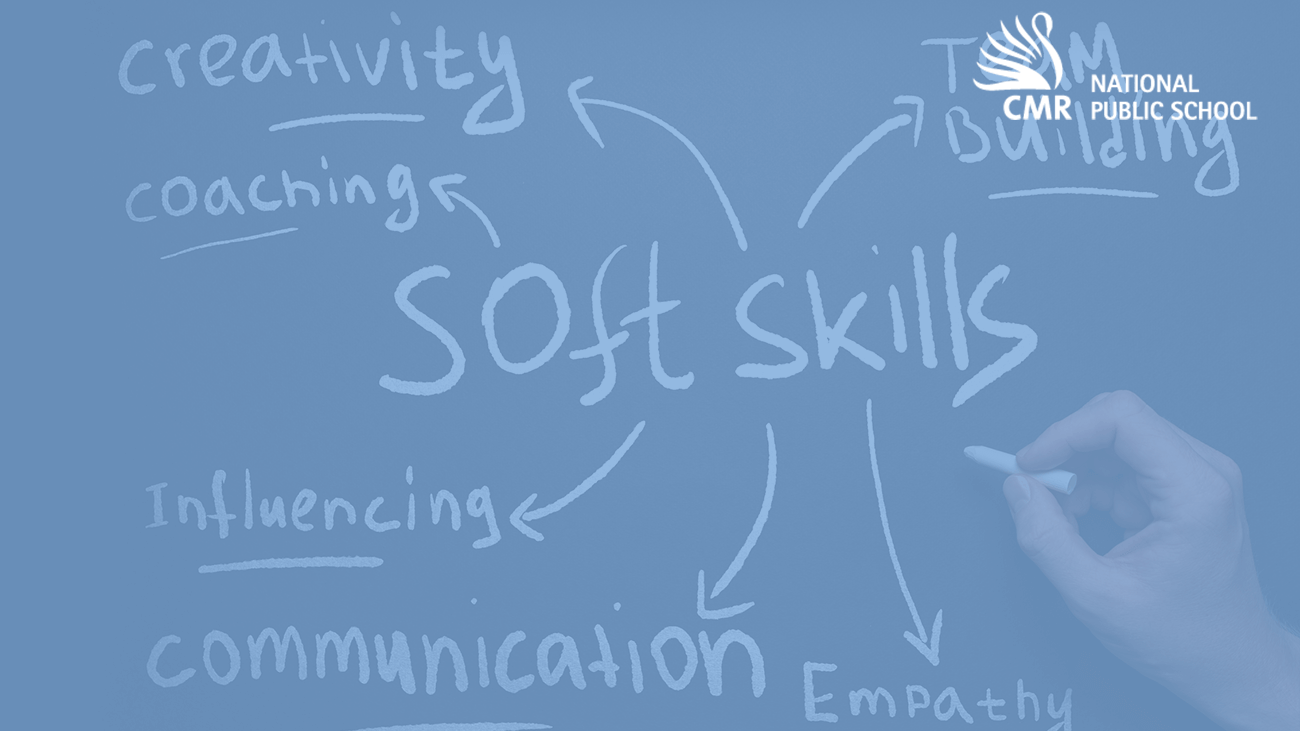When we ask people, “What is important in their life,” primarily, the answer is “Family, health, and work”. Choosing the type of work you would do for a living or passion is one of the most critical decisions. Choosing your career may take many weeks, months or even years as you seek what you want and need in a job. One might have the option to change your path multiple times in your life, but making the ability to choose a new career is a valuable life skill. Before taking any important decision, it is always good to self-reflect and then decide.
Once you have decided, could you write down the next steps? You can always approach a formal career guide to set you in the right direction.
Why do we need formal career guidance for our children? Nowadays, there are many more jobs and professions available to students. There are many more educational pathways and kinds of employment, and we, as parents, won’t know about most of them. Therefore, students need qualified help in finding the ‘right career’. While we pay only lip service to the idea most of the time, it is true that all students are unique and have interests and talents that, when nurtured and developed, lead them to success.
A word about education options: higher education options are opening up. Good government colleges nowadays are complemented by many good private universities, which wasn’t the case earlier. The idea of a ‘liberal arts degree’ is gaining ground, giving students a firm grounding while discovering their interests and equipping them to pursue various higher educational options. Universities like Ashoka, Shiv Nadar, Krea, etc., are in this field. While expensive, going abroad, even for undergraduate education, is gaining ground. The options for undergraduate education abroad are growing, whereas the US was the only option earlier. One positive benefit is that students don’t need to do fantastically in their public exams or entrances to get into a good college.
There are more opportunities now for students who may not do well in the rigour of classroom work to get into a good college in an area they are interested in and thrive. Students do not need to spend their 11th and 12th grades miserable with their noses to the grindstone preparing for Engineering and Medical Entrance exams. If they are not science-inclined, they can use their 11th and 12th to flourish, develop their personality and talents, and then go on to a good college in an area of their interest later. A good career guidance counsellor can help students, parents, and guardians navigate all this. Most career counsellors use strategies and tools like Psychometric tests to gauge students based on aptitudes and personality and suggest appropriate careers. However, psychometric tests are far from perfect. They are only one source of information and ideas, but don’t let them decide for you.
Students studying at CMRNPS and Ekya Schools are lucky that we have a Career Counseling and Guidance cell that aims to inculcate and nurture student aspirations and provide them with a platform to achieve their ambitions by embarking on a rewarding future career path.
The objectives of College & Career Guidance (CCG) Cell @ CMRNPS:
- Ensures individual career needs and goals of every student are addressed.
- Establishes a solid foundation for all students to be college and career-ready.
- intends to become an integral part of every student’s overall education experience
- advocates close collaboration between counsellors, students, parents, guardians, educators and all other stakeholders.
And the best thing is that it all comes for free! You can meet the counsellor whenever you are free ( with prior appointments), ask your doubts, and seek guidance and advice.
What can parents do to support their children in this?
- You can start by not imposing your interest, attitude, or desire on your child. It’s common for a parent who doesn’t fulfil their dream of becoming a doctor (for example) to drive their child ruthlessly in that direction.
- Don’t compare your child to others.
- Talk to your children about your work, take them to your office, and use your network to get them summer internships in an area of their choice.
- Observe them to see what subjects they like and what they don’t. See what extra-curricular interests they have. Find opportunities for them to develop these.
- You can use career guidance services as mentioned above.

Ms.Banupriya Aella
English & Social Science Educator


